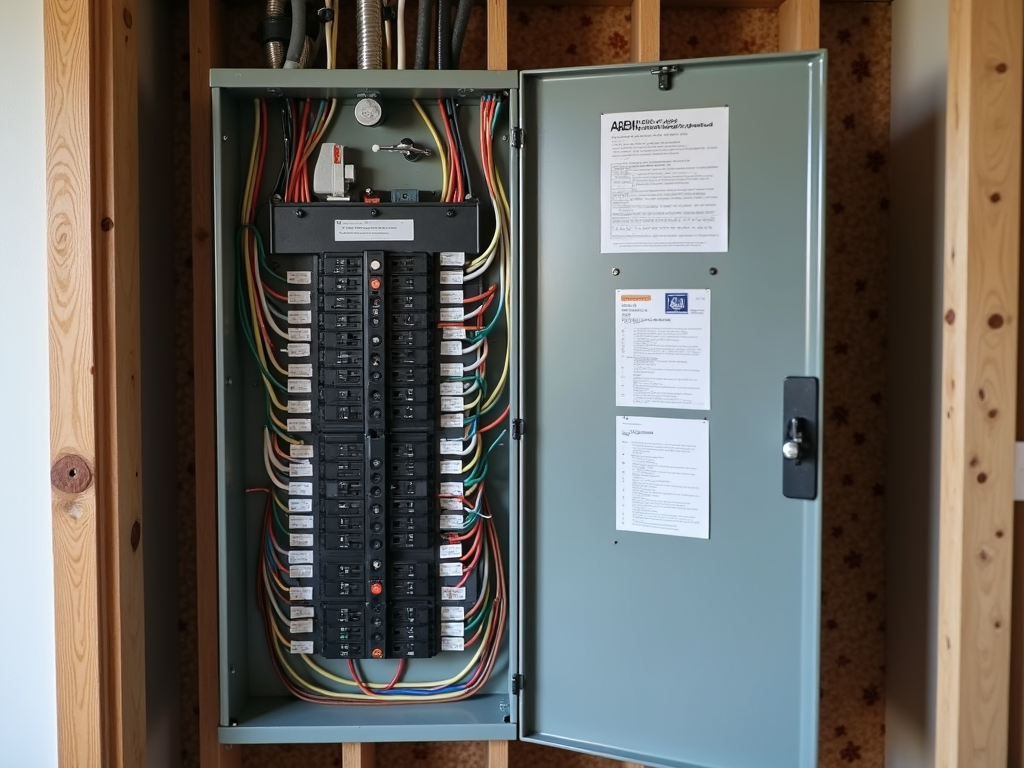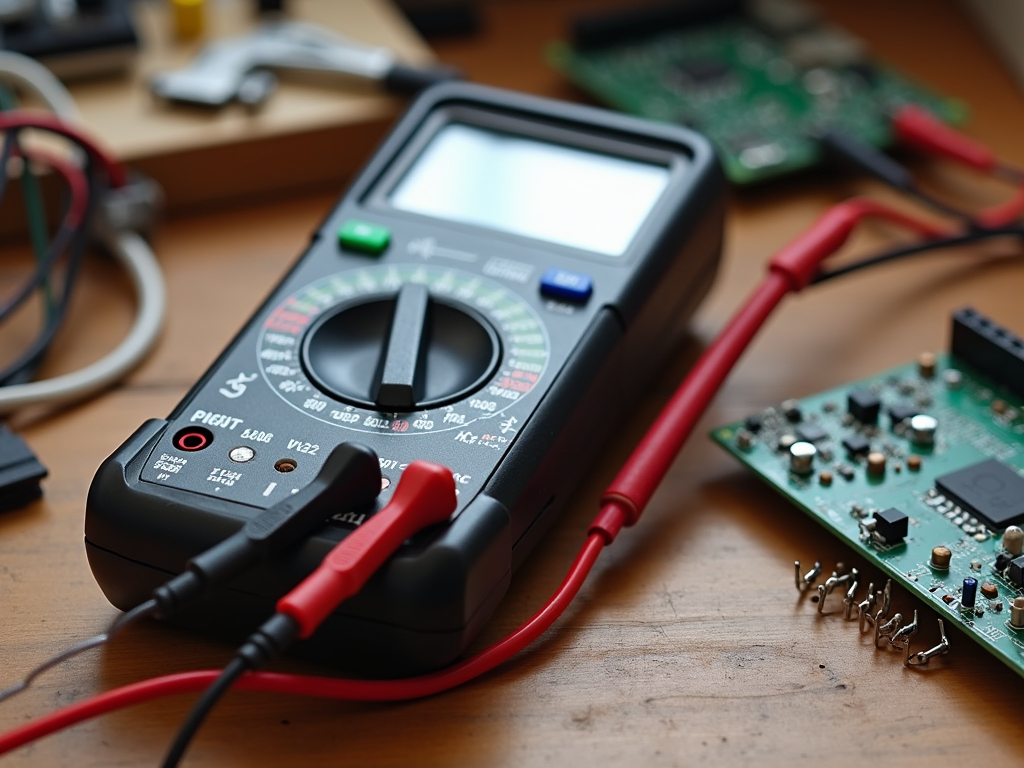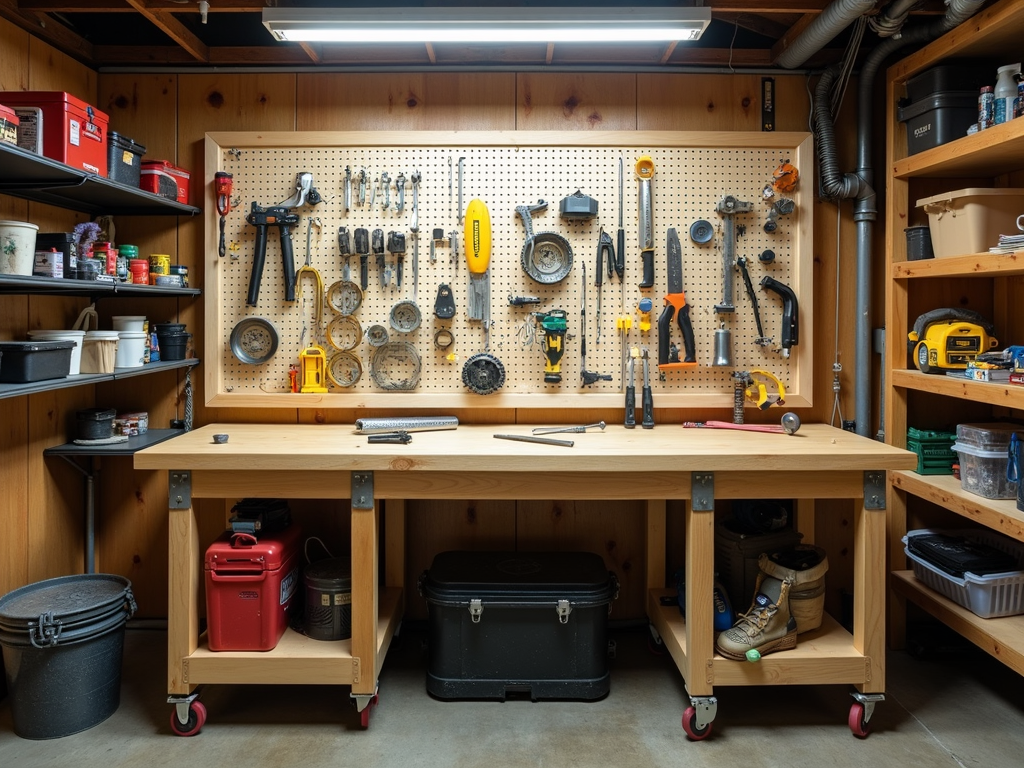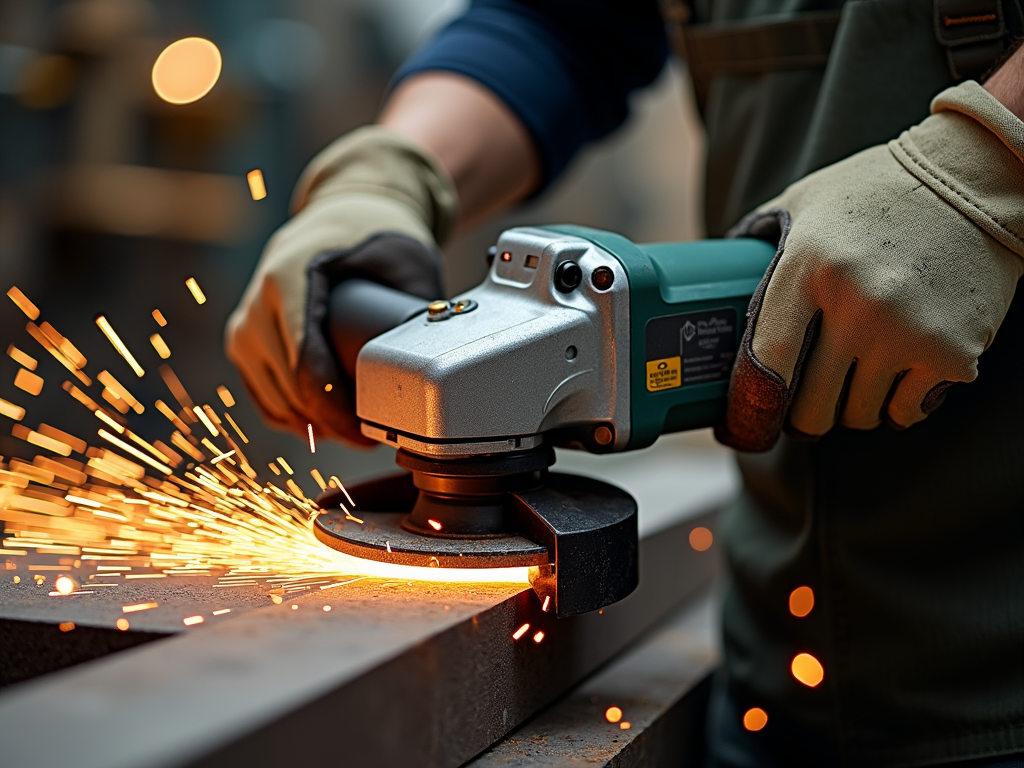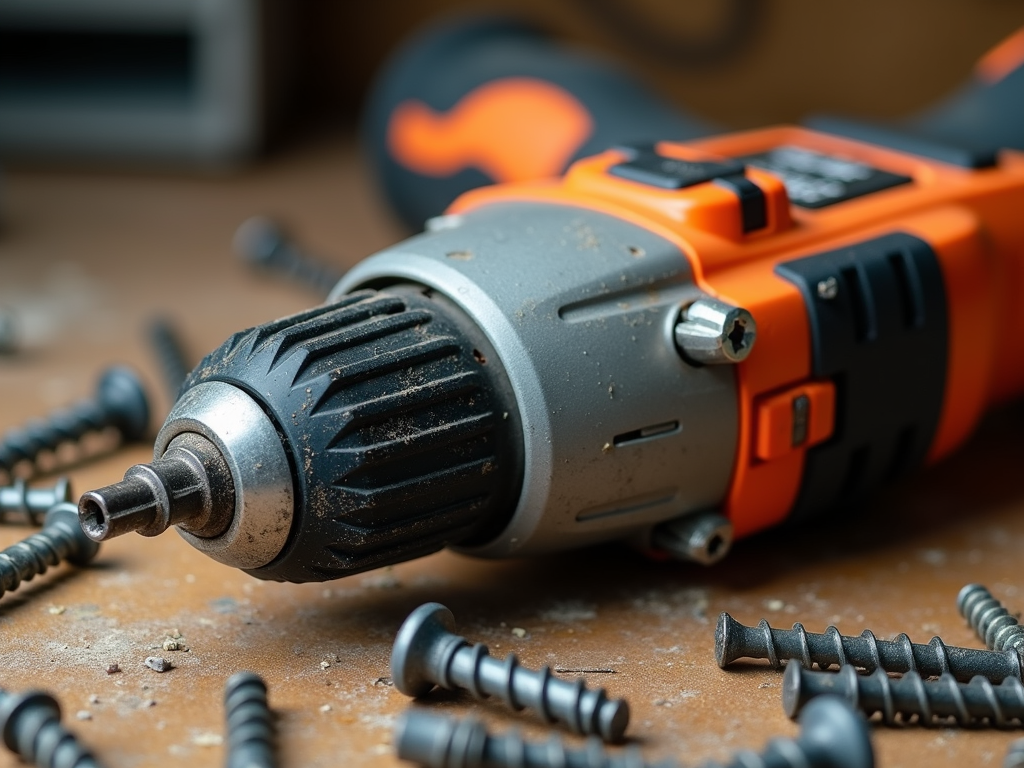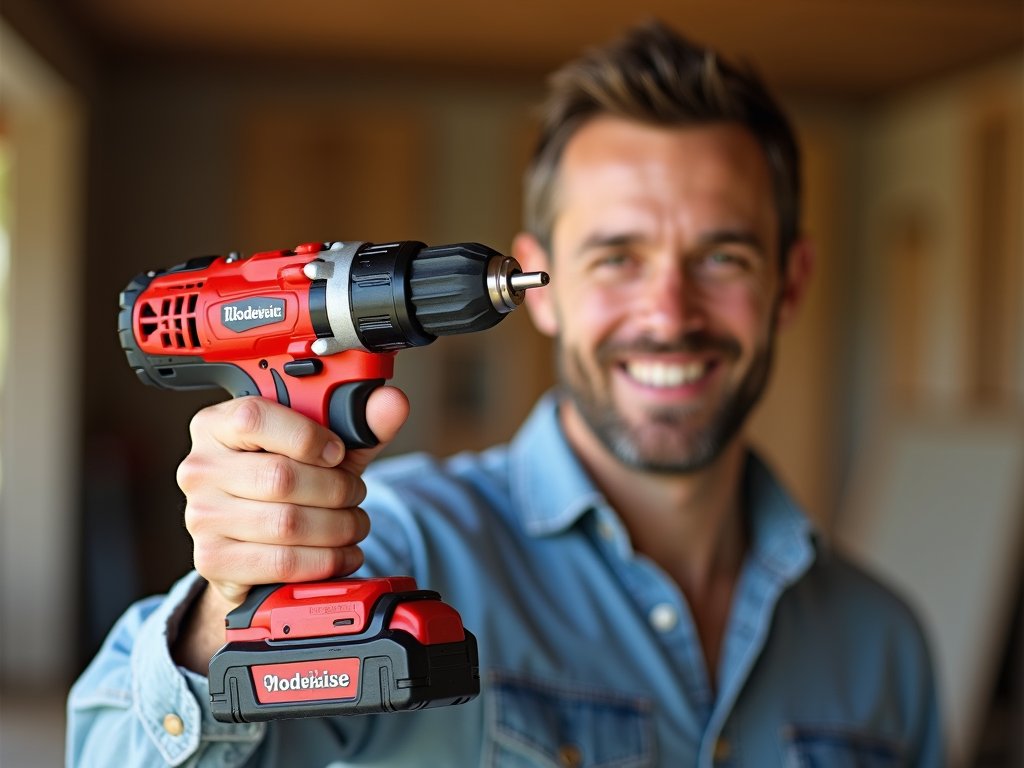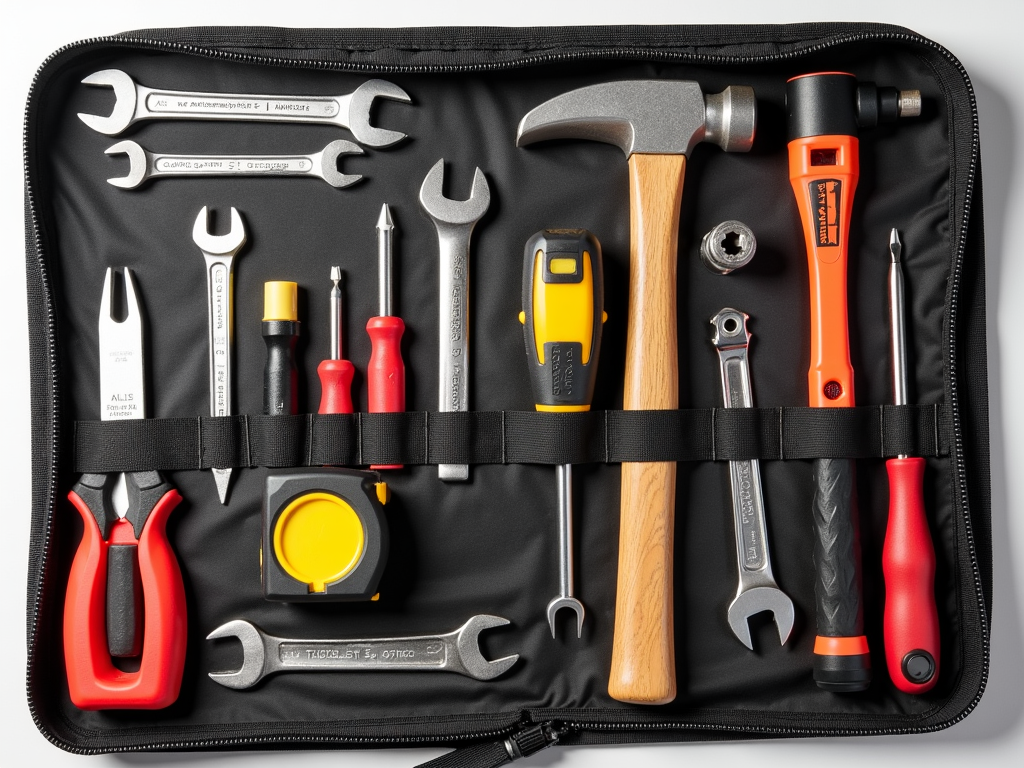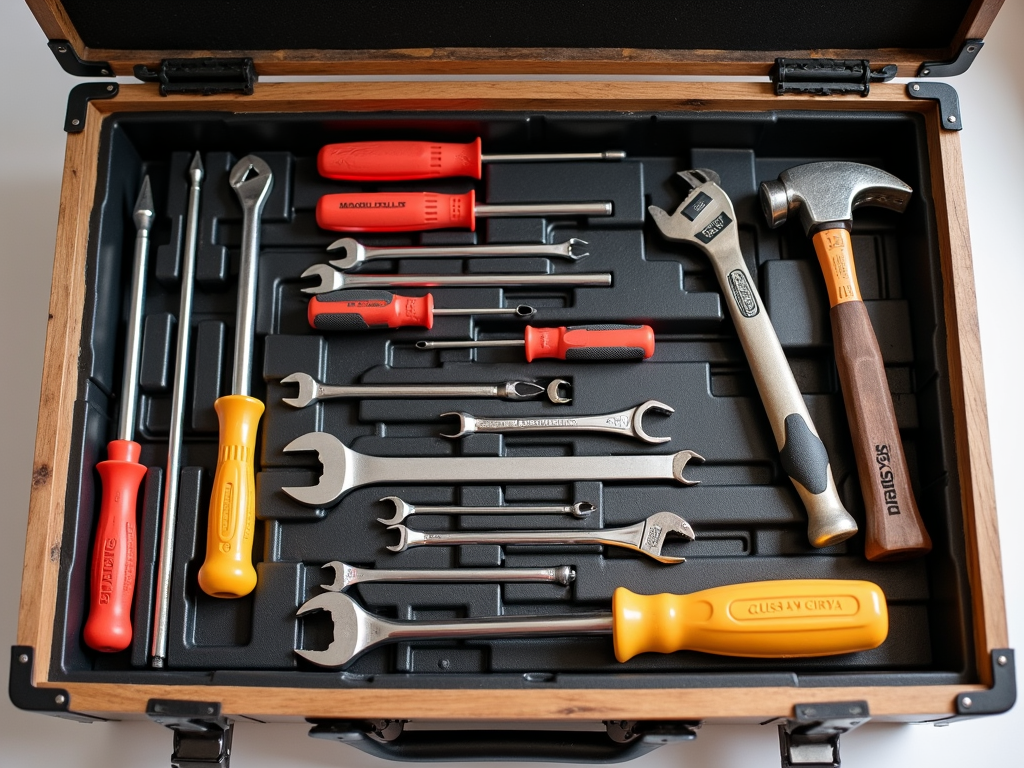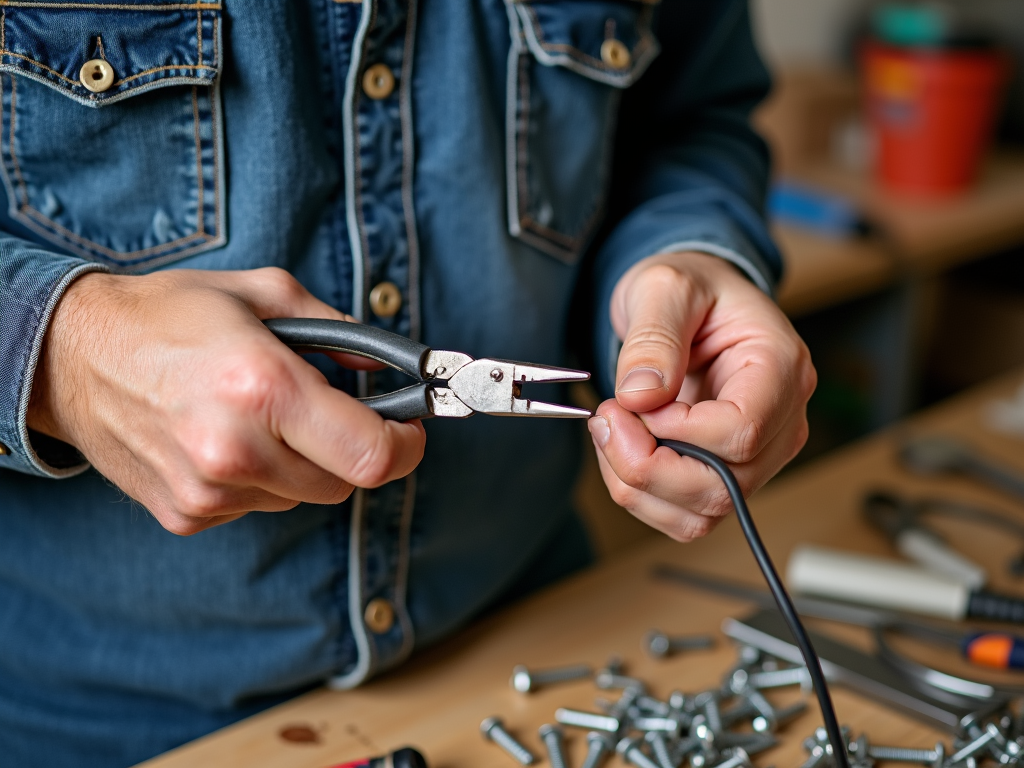Overview
Electricity powers our homes, but it can be risky without the right tools. This article highlights the Top 10 Electrical Tools Every Homeowner Needs to tackle basic repairs safely and confidently. From fixing outlets to troubleshooting circuits, these essentials make all the difference.
As a homeowner, you don’t need to be an electrician to handle small electrical tasks. With the right electrical tools, you can save time and money. In this comprehensive guide to electrical tools, I’ll share what you need, why they matter, and how to use them safely.
1. Insulated Screwdrivers
Screwdrivers are a must for any toolbox, but for electrical work, insulated ones are key. Their protective coating stops shocks when working near live wires. You’ll need both flathead and Phillips types for different screws.
My Experience: Early on, I used a regular screwdriver on a live outlet and got a jolt. It wasn’t fun! After switching to insulated screwdrivers, I’ve felt much safer.
Tip: Match the screwdriver size to the screw to avoid damage. Check the insulation for wear before use.
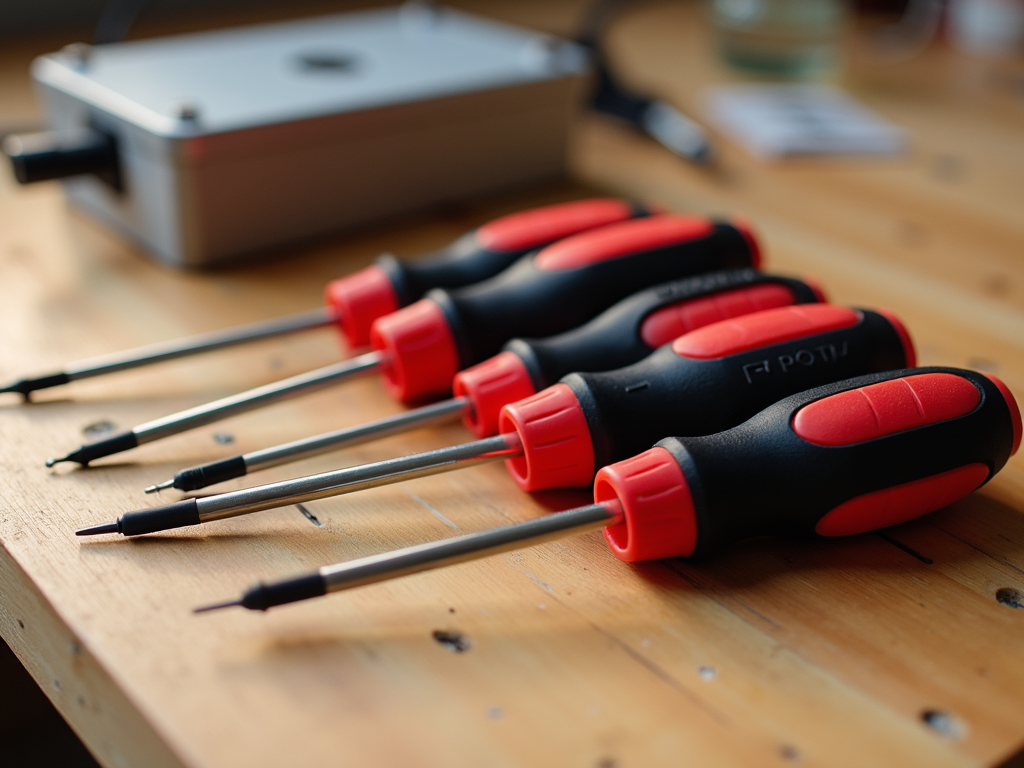
2. Insulated Pliers
Pliers grip, twist, and cut wires. For electrical jobs, insulated pliers protect you from shocks. Needle-nose pliers work great for tight spots, while lineman’s pliers handle tougher tasks.
My Experience: I once struggled to pull a wire with regular pliers. Switching to insulated needle-nose pliers made it easy and safe.
Tip: Keep the handles clean and insulated for maximum safety.
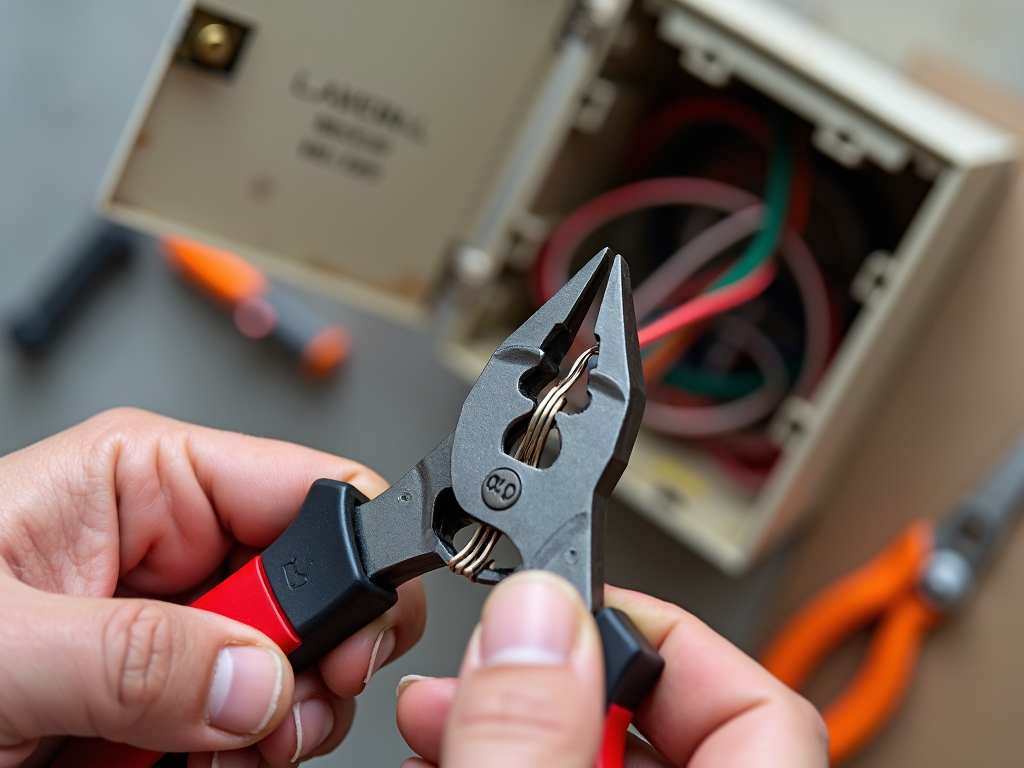
3. Wire Strippers
Wire strippers remove insulation from wires without harming the metal inside. They’re sized for different wire gauges, making them perfect for clean cuts.
My Experience: I used a knife once and nicked the wire—messy! A wire stripper changed everything, saving me time.
Tip: Pick the right gauge slot to avoid damaging the wire.
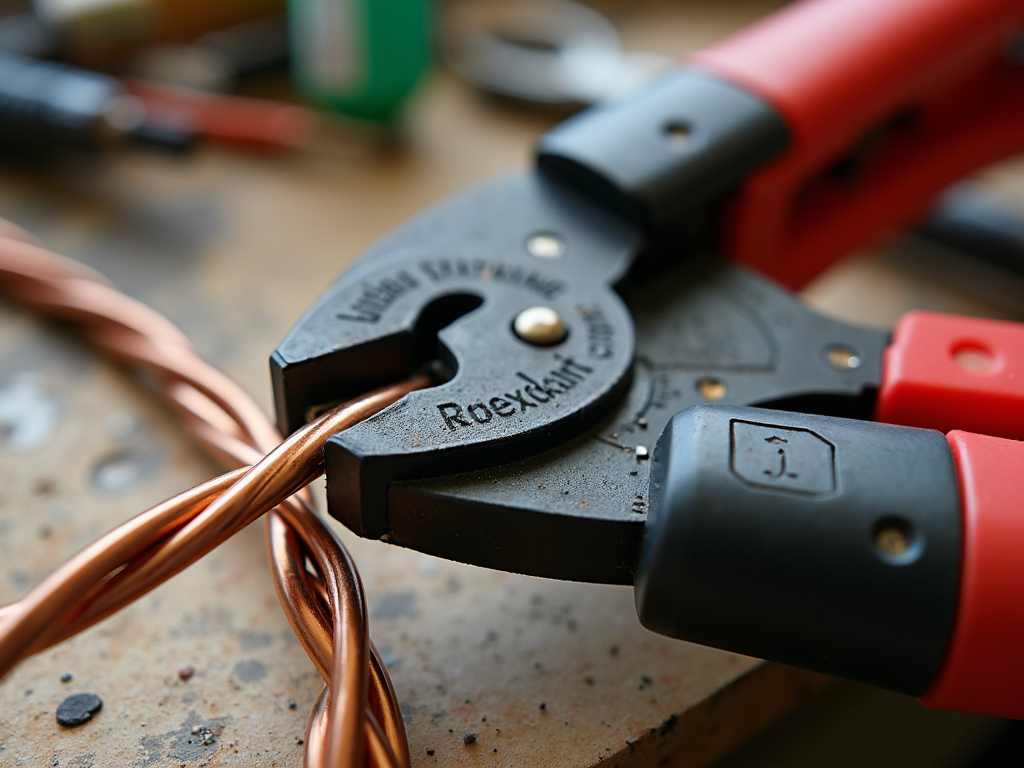
4. Non-Contact Voltage Tester
A voltage tester checks if wires or outlets are live—no touching required. It’s a lifesaver for staying safe.
My Experience: I thought a circuit was off once, but my tester beeped. It saved me from a nasty shock!
Best Practice: Test it on a live circuit first to ensure it works.
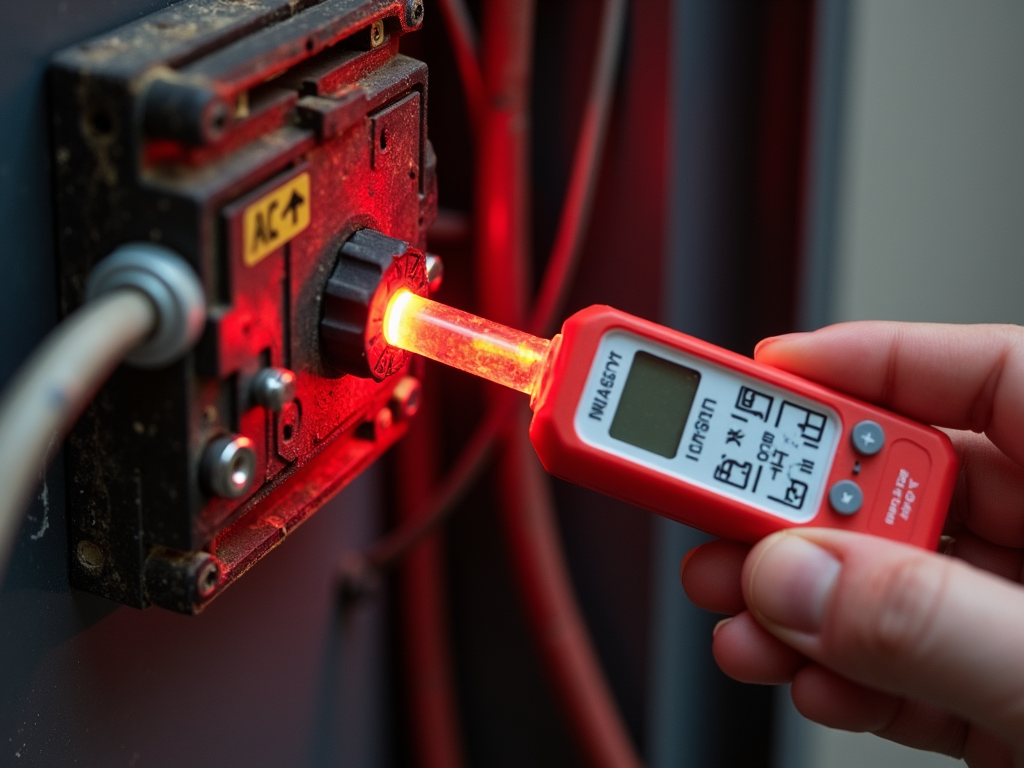
5. Multimeter
A multimeter measures voltage, current, and resistance. It’s great for figuring out why a circuit isn’t working.
My Experience: I learned to use mine to test outlets. It’s simple once you watch a tutorial!
Tip: Start with the highest setting to avoid overloading it.
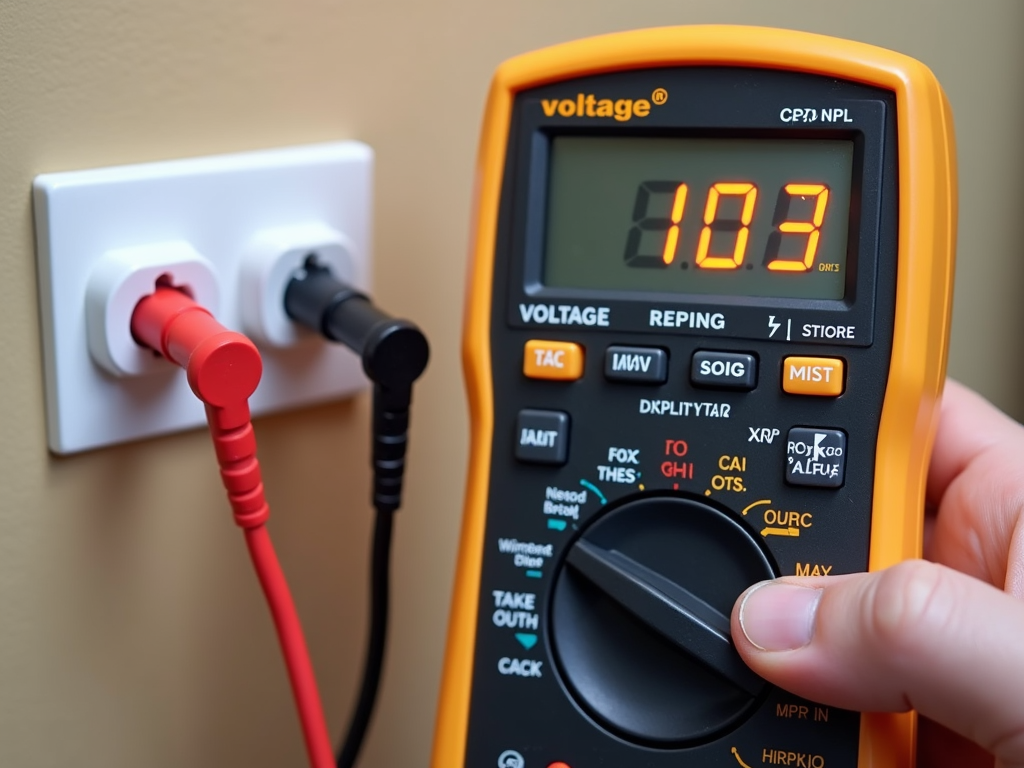
6. Electrical Tape
Electrical tape insulates wires and prevents shorts. It’s also handy for bundling or marking wires.
My Experience: I’ve used it to fix frayed cords temporarily—it’s a quick fix!
Tip: Wrap it tight and overlap for a solid seal.

7. Wire Nuts
Wire nuts join two or more wires securely. They come in sizes for different wire counts and gauges.
My Experience: A loose wire nut once caused a flickering light. Twisting the wires tight fixed it.
Tip: Twist wires together before adding the nut.
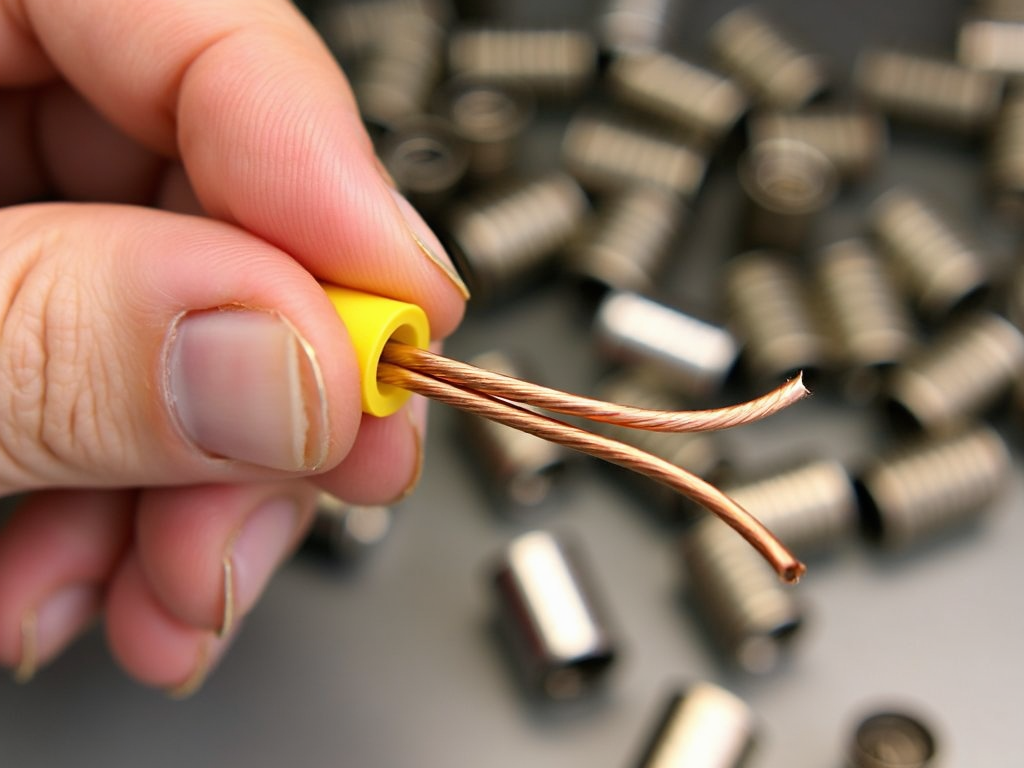
8. Flashlight
A flashlight lights up dark spots like basements or panels. A headlamp works even better, keeping your hands free.
My Experience: I fumbled in a dark attic until I got a headlamp. Game-changer!
Tip: Keep spare batteries handy.

9. Circuit Tester
A circuit tester finds which breaker controls an outlet or light. It’s a time-saver for shutting off the right power.
My Experience: I used to guess breakers—hours wasted! Now, I map circuits fast.
Tip: Label your breakers after testing.
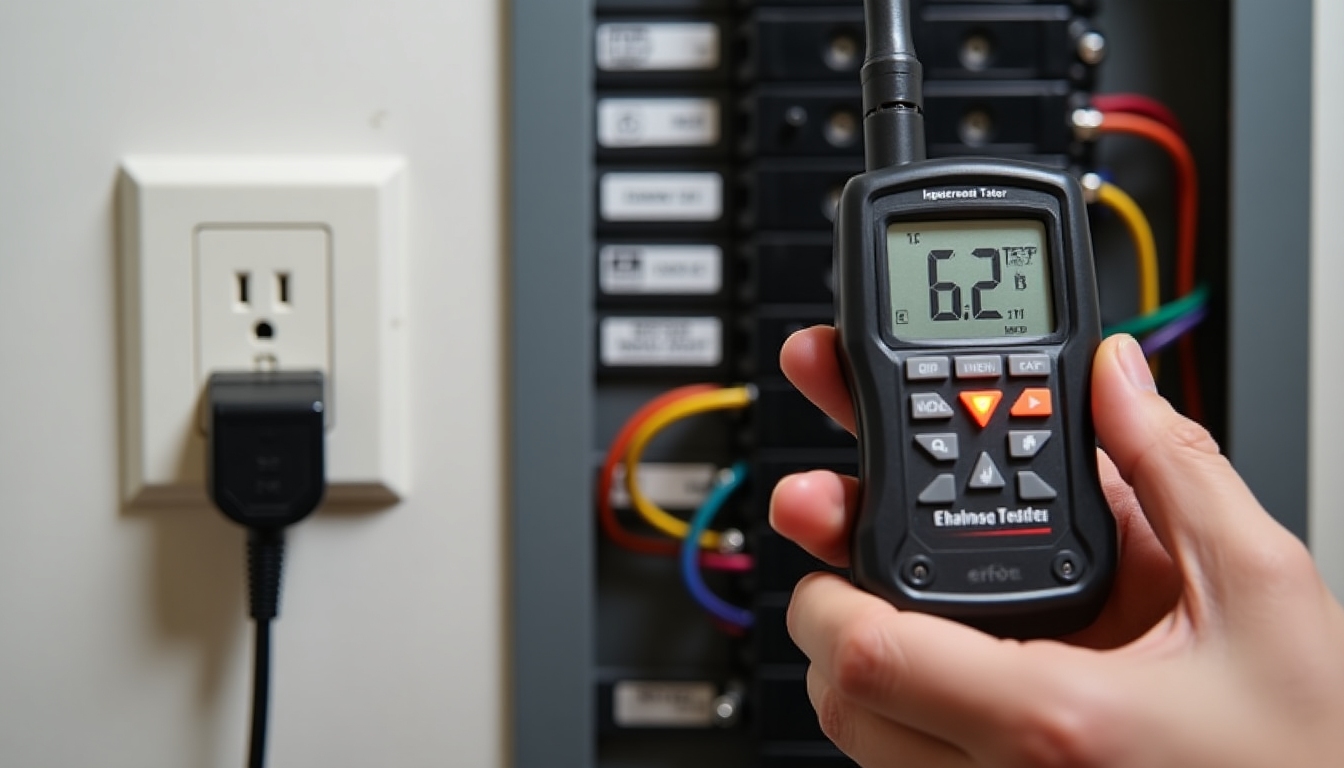
10. Safety Glasses
Safety glasses shield your eyes from sparks or debris. They’re a must for any electrical job.
My Experience: A spark flew once while cutting a wire—glasses saved me!
Tip: Wear them every time, no exceptions.
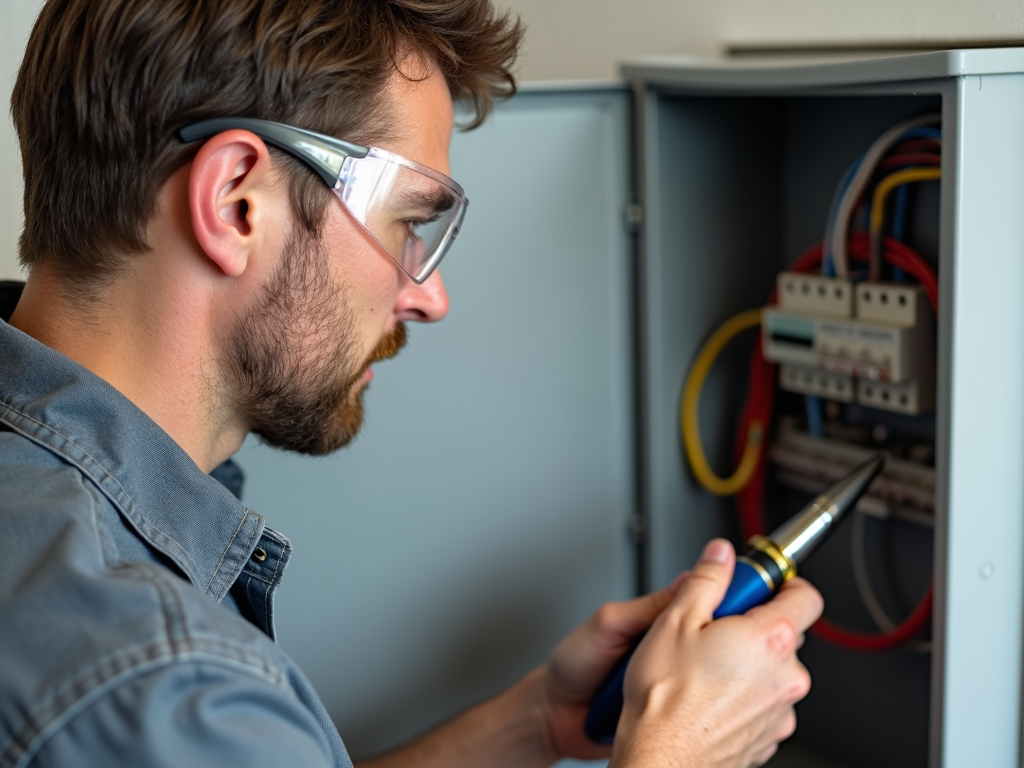
Organizing Your Tools
Keep your electrical tools ready with a tool belt or box. I use a waist pouch—it’s convenient and frees my hands.
My Experience: Digging through a messy toolbox slowed me down. Now, everything’s in reach.
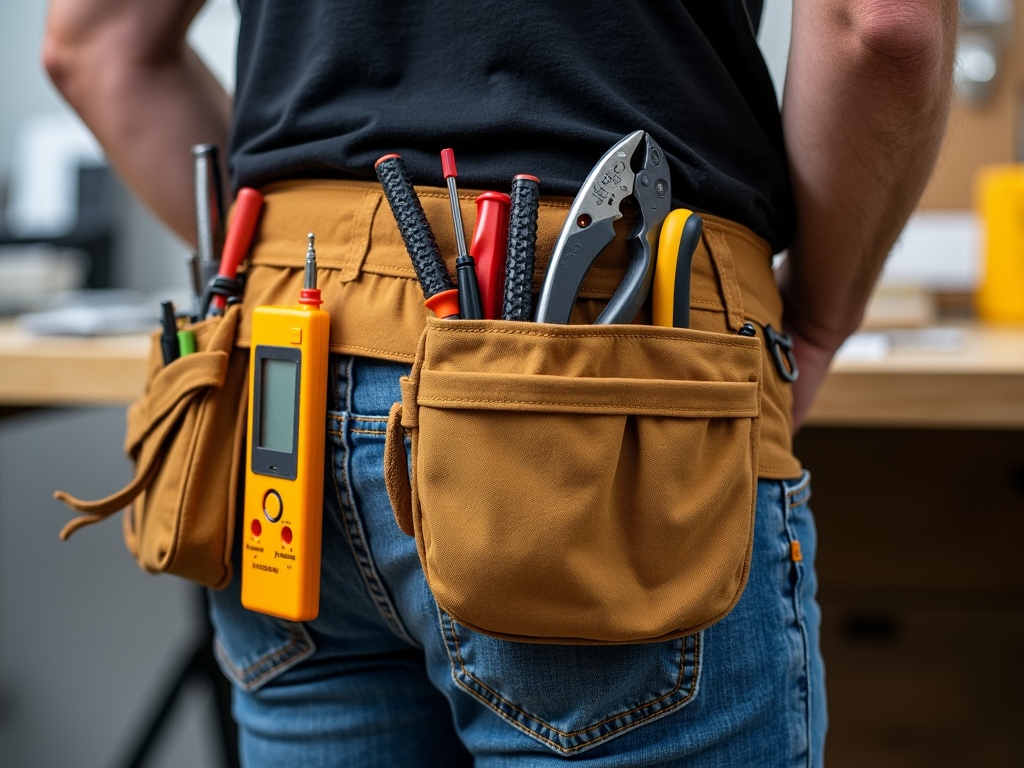
Quick Reference Table
Here’s a rundown of the Top 10 Electrical Tools Every Homeowner Needs and what they do:
| Tool | Use |
|---|---|
| Insulated Screwdrivers | Tighten or loosen screws safely |
| Insulated Pliers | Grip, twist, or cut wires |
| Wire Strippers | Strip insulation from wires |
| Voltage Tester | Check for live wires |
| Multimeter | Measure voltage, current, resistance |
| Electrical Tape | Insulate wires and connections |
| Wire Nuts | Join wires securely |
| Flashlight | Light up dark areas |
| Circuit Tester | Find the right breaker |
| Safety Glasses | Protect eyes from hazards |
Summary
Having these electrical tools lets you handle basic repairs with confidence. Follow Safety Practices in Home Electrical Repairs to stay safe. For more help, explore A Simple Guide to Your Home’s Electrical Setup. If a job feels big, call a pro!
Related Top 10 Electrical Tools Every Homeowner Needs:
- A Simple Guide to Your Home’s Electrical Setup
- How to Use a Multimeter for Beginners: A Step-by-Step Guide
- DIY Workbench Plans for Small Spaces: Maximize Your Workshop Efficiency
- Power Tools for Metalworking: Your Ultimate Guide
- Visualizing the Future: How AI and Automation Are Shaping Industry
- Top 10 Must-Have Modern Workman Tools for Every DIY Enthusiast
- The Ultimate Guide to Cordless Drill Care
- A Beginner’s Guide to Building Your Construction Tool Kit
- Tool Maintenance Tips for Longevity and Safety
- Understanding the Importance of Advanced Safety Features in Power Tools
- Essential Tools for Every Handyman: A Comprehensive Guide
- The Future of Workshop Equipment: Trends to Watch
